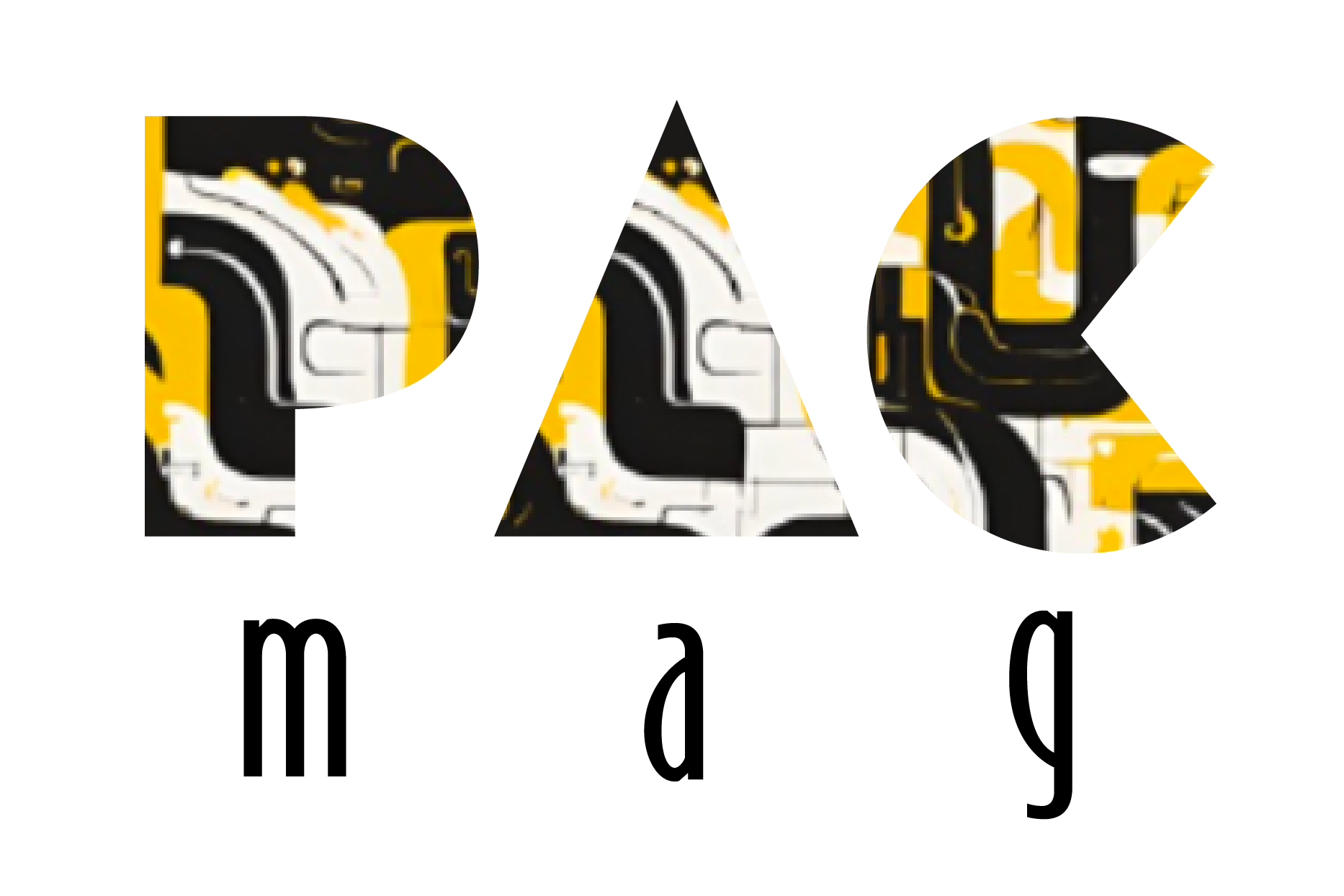
Image: The Seville Afternoon
For decades, Conchi Pérez García has painted, performed, and created—not for fame or commercial success, but out of an innate need to express herself. Now 78, she belongs to a generation of artists who never had the institutional support to elevate their work beyond personal or community settings. Yet, as discussions around forgotten female artists and the pressures of digital-age visibility evolve, her story raises an important question: Does art only matter if it is seen?
We speak with Conchi Pérez García about her life in art, the burden of visibility, and whether success can exist outside recognition, unveiling the quiet struggles and triumphs that shape her journey.
You’ve spent a lifetime creating, yet you’ve never pursued commercial success. Why?
I never thought about it that way. I just… painted. I performed in small theatre productions. I wrote scripts that nobody read. It was never about recognition; it was about doing it because I had to.
In my time, women, especially in Spain, were rarely encouraged to pursue art professionally. It wasn’t seen as a career. You either married or found a “real” job. Art was meant to be a hobby. So, I created in the spaces I had—at home, in small theatres, wherever I could.
Do you feel that artists of your generation, particularly women, were left out of history?
Absolutely. We didn’t have the support, the galleries, or the buyers. Look at Hilma af Klint, she was creating abstract art before Kandinsky, but no one recognised her at the time. How many others have been lost to history simply because they weren’t in the right circles?

Image: The Colorful Anxiety
Do you think the digital era has changed that?
“Not really. It has given people more ways to share their work, but it has also created new gatekeepers. Success now depends on engagement metrics, likes, shares, and algorithms. It’s like how a song might go viral on TikTok not necessarily because it’s the best song, but because the algorithm pushes it to more people based on trends. In the same way, art isn’t just about its quality anymore; it’s about whether it fits the system that decides what gets seen
If I were young today, I’d be told to brand myself, to curate my image, to make art that “performs well.” But does that make it better art? Or just more marketable?
So, you don’t think social media has democratised art?
It has for some, but it has also created pressure to be constantly seen. Artists today don’t just create; they must be content creators.
I exist outside that system. I never had to think about whether my work was “shareable.” I paint because I have something to say, not because I need people to look at it.
Does that worry you? That your work might never be recognised?
Sometimes. But then I remind myself: why do we make art? For museums? For critics? For money? Or for ourselves?
I’ve already had everything I needed. The act of creating was enough. Whether people remember me or not, I was an artist in every sense of the word.
So, for you, success isn’t about recognition?
Success is being able to create in the first place. Recognition is just a by-product.
I never became famous. I never had exhibitions. But I spent a lifetime making art, living in it, breathing it. And in the end, that’s what mattered.
If you could leave one final thought about art, what would it be?
That creation itself is the legacy. Whether the world sees it or not, art exists because we make it. And that is enough.
